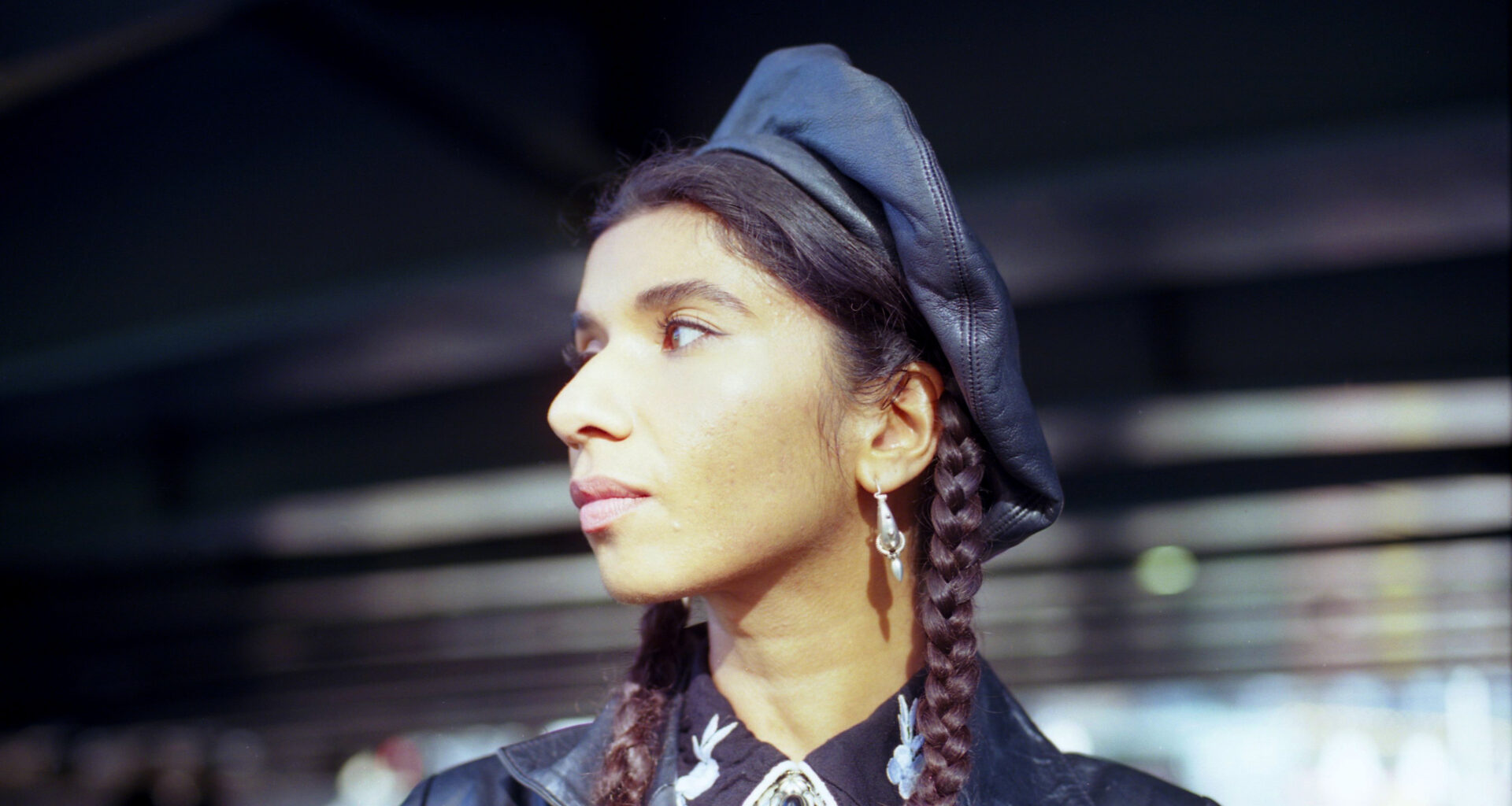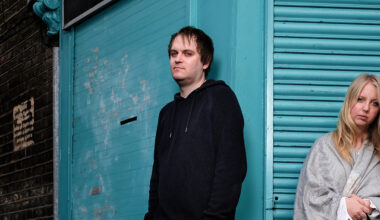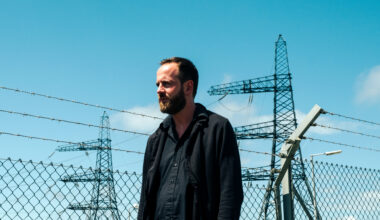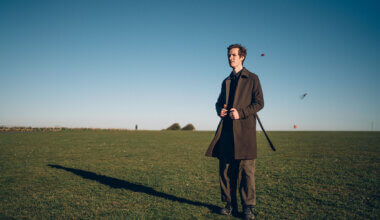After overcoming immense challenges during its gestation, the second album from London producer Nabihah Iqbal – the left-field, intimate and gloriously melancholic ‘Dreamer’ – is an unequivocal triumph over adversity
Want to read more?
Sign up to Electronic Sound Premium to gain access to every post, video, special offers, and more. 100%, all you can eat, no commitment, cancel any time.
Already a premium member? Log in here






